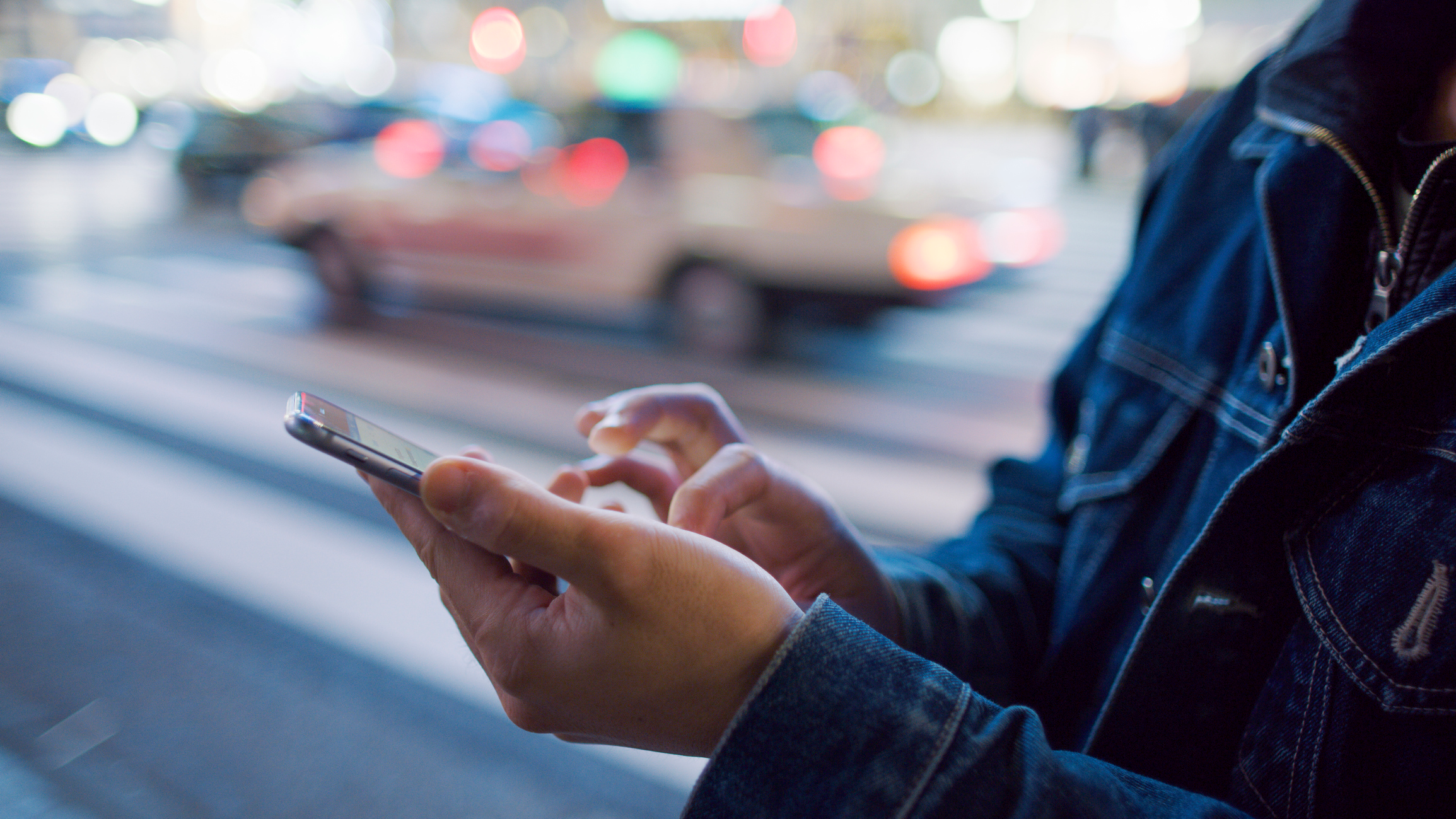Startups Are Clamoring To Profit From Contactless Restaurant Orders
Yet another interesting byproduct of the COVID-19 pandemic has been our changing relationship to technology in our daily lives. Games like Animal Crossing that double as social interaction among friends have caused many users' daily screen time to spike (coupled with unemployment). And because podcasts are a form of entertainment that goes hand-in-hand with a daily work commute, American listenership has decreased by 20%. But there's another corner of the market that tech startups have seized upon, one that aims for the pocket of fear rather than boredom: ordering food at restaurants.
We've received press releases about many different apps and services lately that brand themselves as indispensable tools for those who don't want to risk contracting coronavirus while dining out (or ordering takeout). But they generally strike us as an unnecessary data drain, rather than safety-minded services for the health-conscious. If you've used these apps, by all means, correct us if we're wrong.
Ever heard of BellyMelly? It's an India-based company with a stated mission of helping restaurants fight back against predatory third-party apps that take too high a cut from a restaurant's business. It has also begun marketing itself as a COVID-19-friendly service that "eliminates the need for a physical menu," though the vast majority of restaurants already post their menus on their websites for all to see.
Order For Me, meanwhile, is quick to point out in its PR material that it was designed as a frictionless restaurant solution "well before COVID came about." It's intended to eliminate an age-old restaurant problem: waiting around for the server to come by so you can place your order or pay the bill. With Order For Me, customers just place orders in the app on a rolling basis using a QR code at their table, paying for each item as they order it so that they can leave anytime. It's safe to assume the food might still take forever to arrive if the restaurant is slammed, but it might be useful in other situations: if you forgot to ask your server for something you wanted, or if you love something you sample off a friend's plate and want to order an extra side of it for yourself. Now, though, beyond convenience, the company is leading with the "zero contact" nature of the app, adding in a press email, "This approach reduces the risk of exposure to both customers and staff by eliminating the need to touch menus and money (which are both notoriously dirty to begin with)."
Many of these products have a philanthropic angle—Order For Me is providing its services to Black-owned businesses for free, and BellyMelly, which isn't charging restaurants for use of the service as they begin to re-open, includes a feature where the customer chooses a charity to which the restaurant will donate a percentage of the customer's order—but do these apps really simplify anything for the restaurant or the customer? If you're dining out with a group of friends at a restaurant (assuming that's currently allowed where you live), you're unlikely to fret over a server momentarily jotting down orders. If you're doing takeout and schedule a contactless restaurant pickup, an app is similarly unnecessary; most restaurants just arrange the curbside delivery over the phone, gratuity and all. (Even better: they only need to take down your credit card info once, and then it's in the system for next time.)
So go ahead and use these products if you're so inclined, but don't take Silicon Valley's word for it: Restaurants are capable of steering their own ships through this storm. They just need your continued business, first and foremost.
